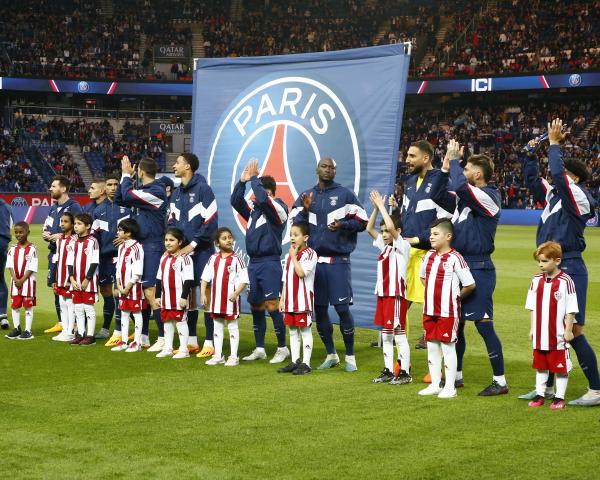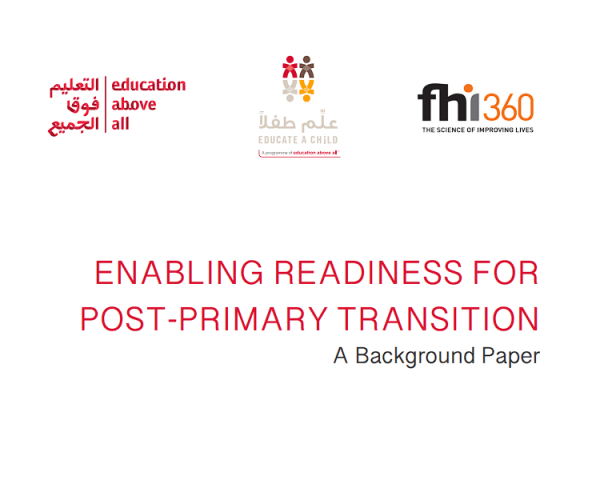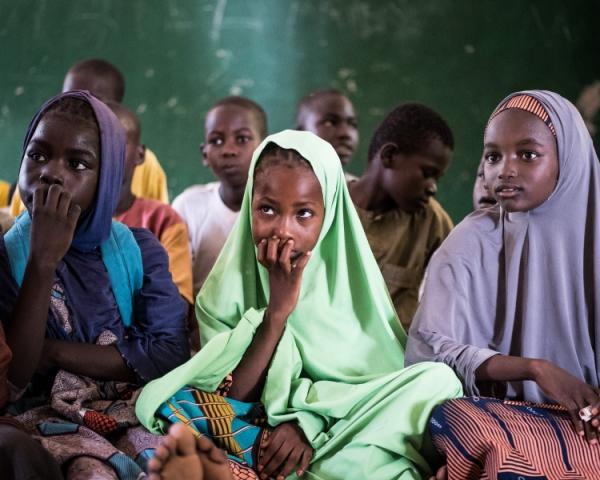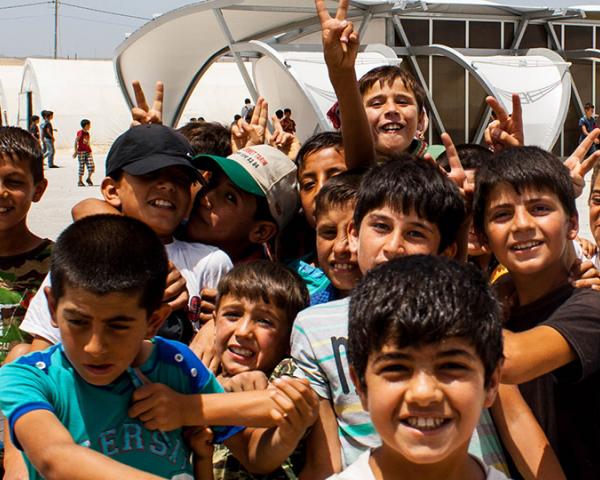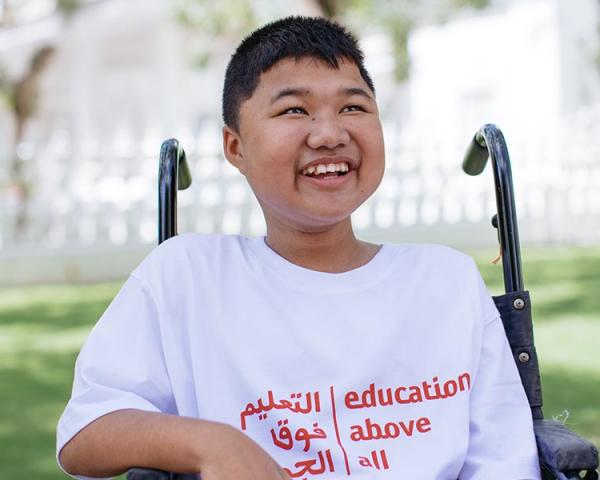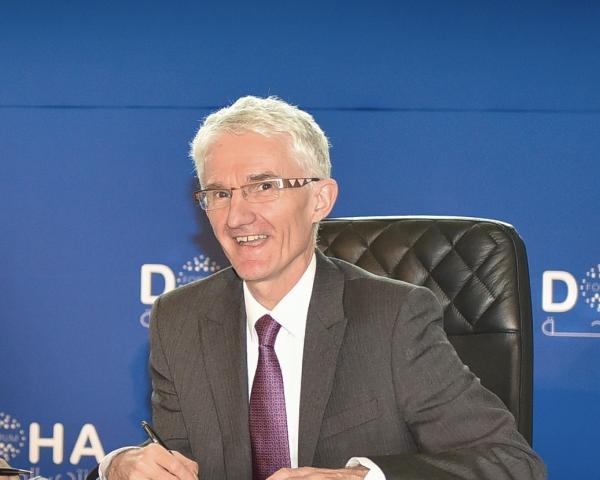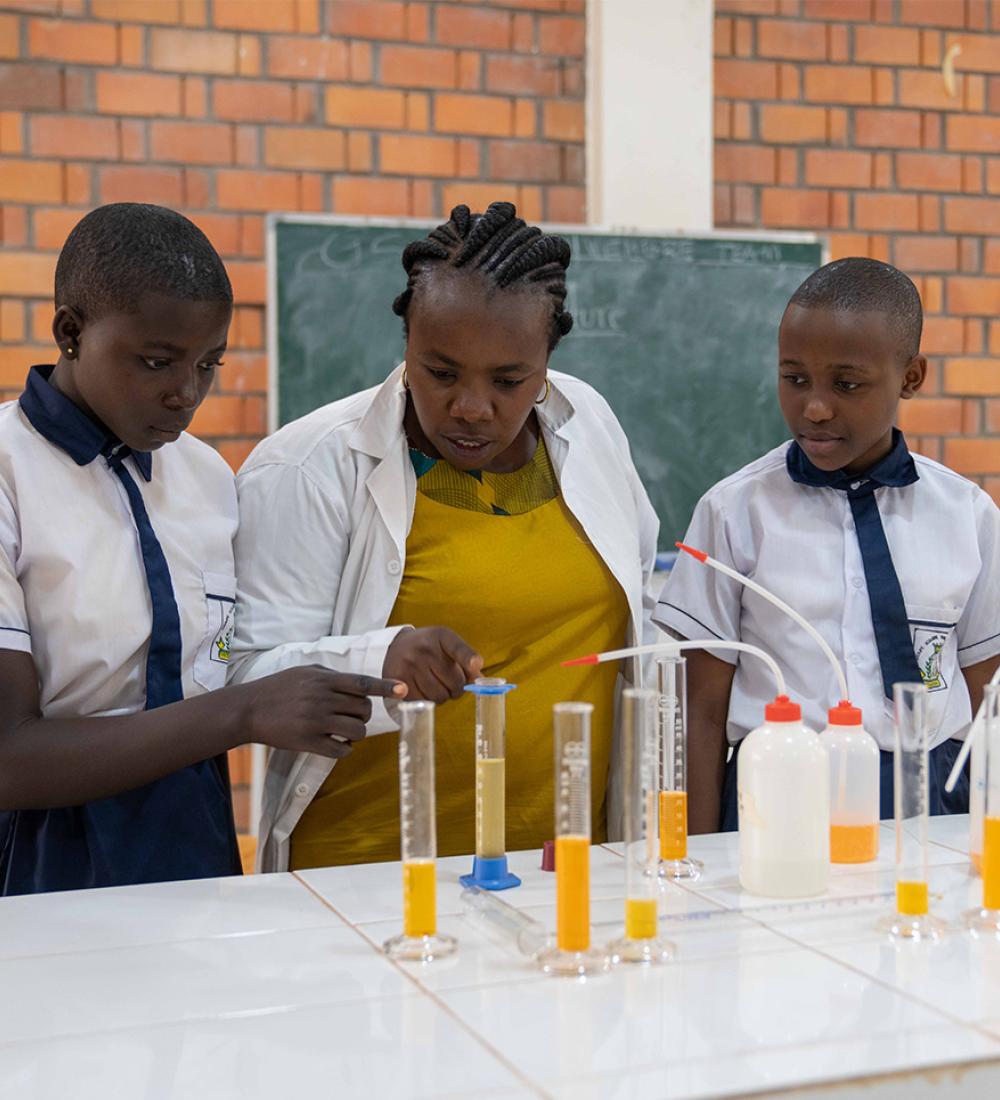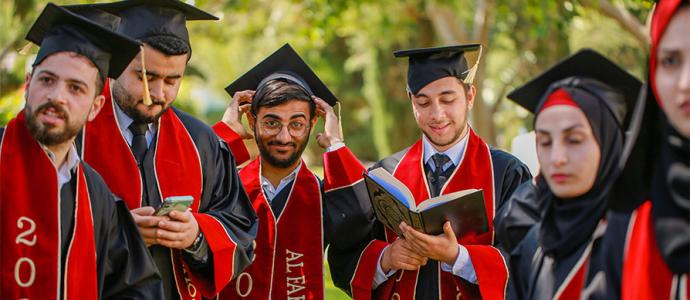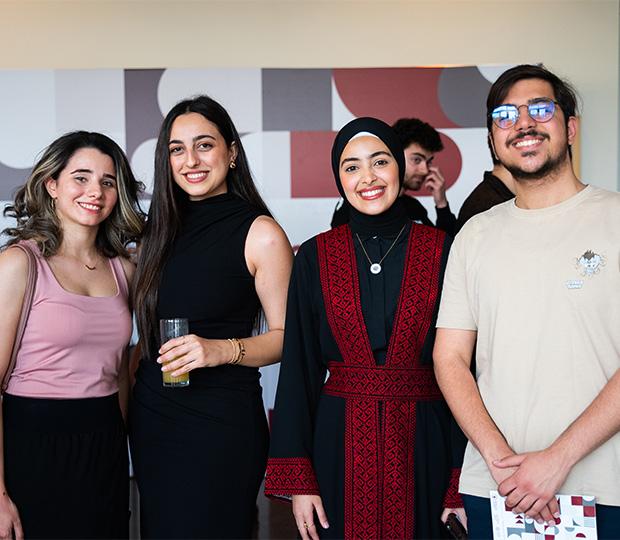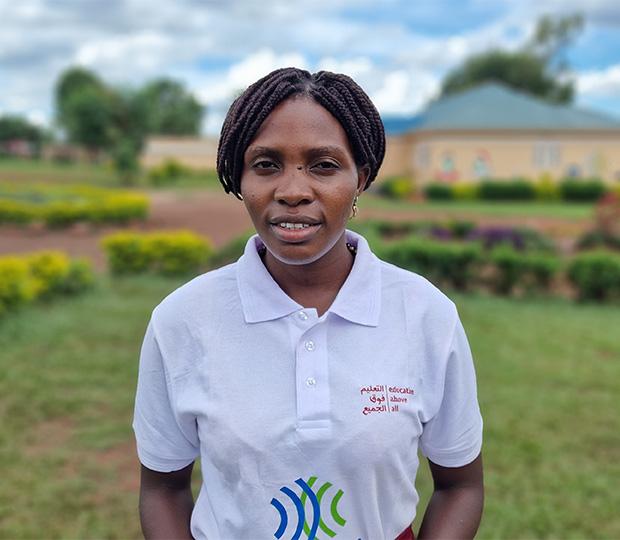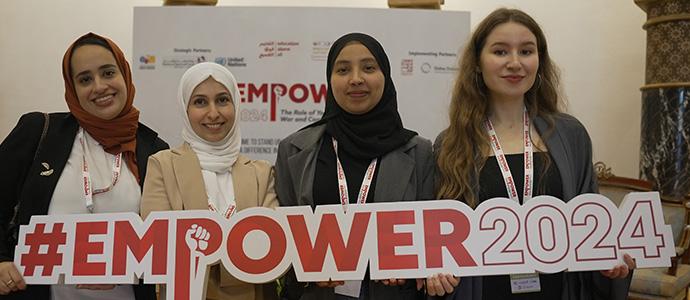Enter the Gate
Enter the Gate
The Federal Republic of Somalia in general, and the country’s southern region in particular, present a unique operating environment for development initiatives. Protracted bouts of conflict have, in part, helped lead to the emergence of community gatekeepers, individuals with some measure of renown, such as district commissioners, clan leaders, landowners and business people, etc. A “gatekeeper” acts as a key link between projects and the people they are designed to serve. However, it has, in some ways, evolved into a system, whereby community stakeholders with limited avenues for advancement, can exercise a great deal of influence. Gatekeepers in the Somali context have a say and play a pivotal role with respect to project implementation – their buy-in, at the beginning, is essential. In that vein, the Waxbar Carurtaada (Educate Your Children) II project, a joint initiative between Education Above All’s Educate A Child programme and CARE, is active throughout the country addressing the barriers that prevent marginalised children from realising their right to quality primary education.
The Beledweyne District, within Somalia’s Hirshabelle State, is just such a municipality where in 2021 the joint EAC-CARE project was working to identify suitable learning sites. With the assistance of some MOE officials, the Tawakal B IDP Camp was selected, as it housed many vulnerable communities displaced by drought and violent extremism. When this occurred, Farah*, a 48-year-old father of 12, hailing from this IDP community emerged as a central figure in the camp. Early on, it was clear that he could be the lock, or the key.
Maryan Mohamed Abdi, Senior Programme Officer with CARE Somalia, explains, “… gatekeepers are the only link between aid providers and beneficiaries. For smooth implementation, we must respect these structures and engage them from the onset. Their support or otherwise, will determine the success or failure of projects in Somalia.”
Farah, as it happened, was partially literate, and therefore able to quickly grasp the aims of the project, and even identify potential gaps in the intervention with respect to Tawakal B IDP Camp. Like other gatekeepers in a similar position, he saw Waxbar Carurtaada II (WC2) as an important opportunity to uplift his family and community, which ought to be carefully managed. For its part, the school in the IDP camp had ample space to accommodate the influx of newly enrolled OOSC and the headteacher, Mohamed Aden Abdulle, a native of Beledweyne and a six-year veteran on the job, was eager to get started, particularly if Farah came aboard.
Securing Farah’s support, however, was not a simple straightaway. He had shown himself reluctant to embracing WC2’s mobilisation exercises and enrolment drives. Ultimately, Farah had a difficult time understanding how a free education for OOSC in the camp could translate into a better life for the community at large. His scepticism was perhaps further fuelled from the fact that he had dealt previously with other development projects that provided cash and in-kind support, so people could obtain the daily necessities and put food on the table. That aspect was not a part of the WC2 intervention model. In addition to all of that, the next nearest school was more than 1 kilometre away from the camp. Working with Farah was a necessity.
As a result, the WC2 project team decided to engage Abdulle, the headteacher who seemed to understand the urgency of getting the initiative underway.
“Education is the only solution to Somalia’s current and future challenges. The three-decade conflict has robbed the children in the country and those in Beledweyne of the opportunity to learn and become good citizens. We can only get out of this through universal education for all,” says Abdulle.
With an appreciation of the value of quality education, the headteacher went about enlisting other influential members of Beledweyne society, including religious leaders. Together, they worked to allay Farah’s concerns and explain how education can be a source of economic empowerment, which would eventually transform the IDP community at the camp. After an approximate two-month delay in project implementation, Abdulle’s efforts finally paid off and Farah, the obstinate gatekeeper, let down his guard! Almost immediately, a team of community mobilisers was assembled and household mapping to identify OOSC commenced!
Furthermore, Farah joined the school’s newly formed Community Education Committee (CEC) as chairperson. The CECs in Somalia often play a huge part in raising community awareness, leading enrolment drives, and tracking attendance and retention of students, as well as teachers. To that end, Farah received training on leadership, school governance and resource mobilisation.
Keenly aware of the responsibility his role affords, Farah asserts, “I am now more enlightened about education and its importance to the community in the camp, as a trained [member of the] CEC, I can now act as a gatekeeper who facilitates rather than blocks interventions.”
*Name changed to protect privacy.







